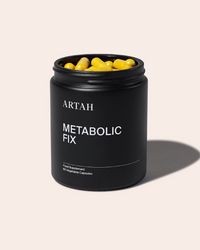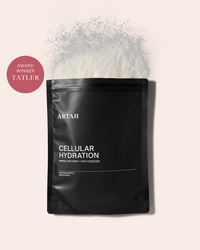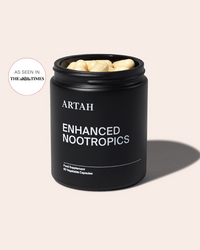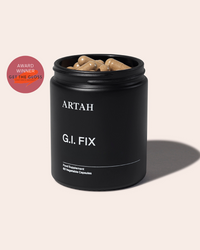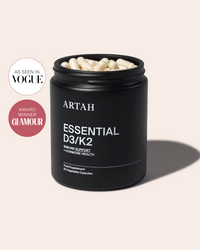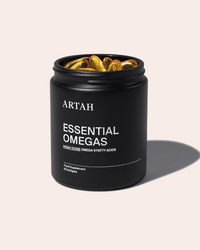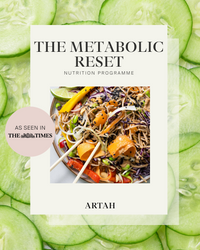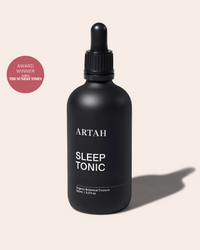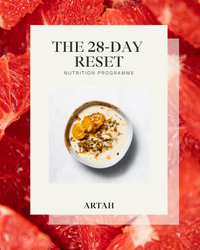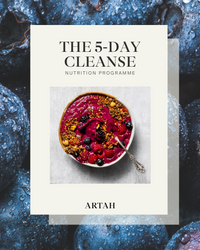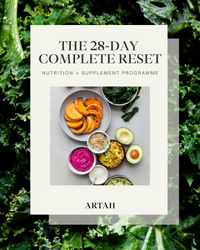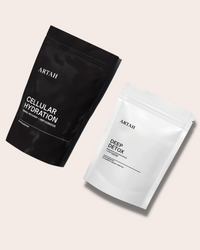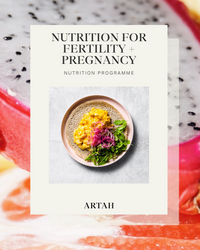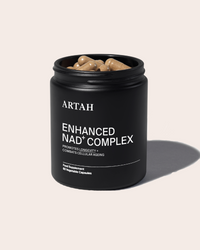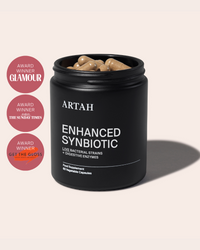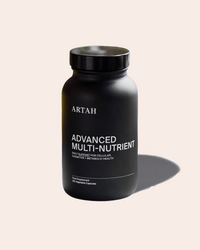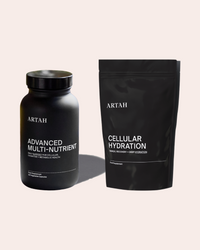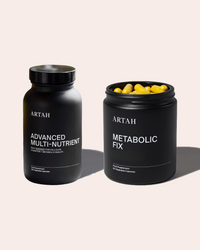Social Jet Lag Is a Thing
Sleep has made a major comeback in recent years, and if you’ve been trying to improve your wellbeing, it's likely that sleep quality has been a focus at some point in the journey. But even when we’re disciplined in the week, social weekends can often mean a sharp change in sleeping patterns. Even if it’s only once or twice a week, the resulting shift in our internal body clock can have a bigger impact on health than you’d think; so much so that there’s a term for it. It’s called social jet lag, and yes, it’s a thing. Social jet lag has been shown to affect gut health, mood, appetite, food choices and even change the composition of the microbiome.
Having a consistent sleep pattern is one of the fundamental pillars of health. Our body has distinct functions throughout the day and night. In the day, we’re geared up for action; whether it be digestion, problem-solving, physical activity or an ability to respond to stress, our internal environment is active and ready to go. When we sleep, changes in heart rate, blood pressure, cortisol and other hormones create an environment for physical and emotional recovery; our muscles, organs, nervous system and immune system takes time to repair and restore. Our microbiome is no exception, and it turns out that it too follows a circadian rhythm which is important to our health.
Enter Social Jet Lag.
Where does social jet lag come in? It turns out that even if we have a great weekday sleep routine, a shift in this routine – even by 90 minutes – has been shown to impact many aspects of our health.
It Influences Diet Quality:
In a study with over 1000 participants, a change in sleeping patterns by as little as 90 minutes resulted in a decrease in diet quality; those with social jet lag were more likely to increase foods like crisps, fries and sugary beverages, and decrease foods like fruit, vegetables and nuts.(1)
It Impacts Hunger Hormones:
Poor sleep quality can influence our hunger and appetite. Not only are we naturally more resistant to insulin when we’re underslept, but we also experience a change in the hormones that help influence satiety; it increases ghrelin, the hunger hormone, and decreases leptin, one of the key hormones that helps control food intake.
It Changes Our Microbiome:
Changes in our sleep patterns can influence the composition and function of our microbiome, increasing the bacterial populations that lead to inflammation and decreasing the bacterial populations that are beneficial to our health.(2) Overtime, this dysbiosis can strongly influence our health; research has shown that social jet lag can lead to poor immunity, weight gain and mental fatigue (3) all of which are influenced by our microbiome.
What to do about it:
Social connection is an important marker of wellbeing, so avoiding it to get to bed on time can’t be the answer. But knowledge is power, and understanding how subtle changes in our sleep schedule may impact our health can help us do things to help counteract potential drawbacks. Here’s what you can do to help:
1. Balance your blood sugar. Since social jet lag can disrupt our blood sugar, cravings and appetite, choose food that will help combat this. After your night out, start your day with 20-25 grams of protein alongside some fibre and phytonutrients (think plants). This will help get you off on the right food and stabilise your morning blood sugar, which means we’re less likely to make poor food choices in the day. If you need support through a particularly social time or your social calendar is packed on the regular, consider adding in Metabolic Fix to help balance your blood sugar.
2. Stimulate your vagus nerve. Our vagus nerve is the main connection between our gut and brain and is an important player in gut health. Practices like breathwork, cold showers, yin yoga, and chanting can help downregulate our stress response and activate the vagus nerve. Not up for a cold shower? Try a cold facial plunge; submerge your face in water and ice cubes for around 30 seconds.
3. Eat strategically. Food is a powerful regulator of our microbiome, so if you know you’re in for some late nights, try to increase your intake of gut-loving foods. We love blackberries, blueberries, pomegranate, green tea, fresh ginger, flaxseeds, chestnuts, turmeric, nuts, olives and extra virgin olive oil for their polyphenol content. Polyphenols can improve the microbiome by nourishing beneficial bacteria and contributing to microbial diversity. Reduce microbiome irritants like emulsifiers, artificial colours, chemical preservatives, and high fructose corn syrup. For extra support, try Enhanced Synbiotic, our probiotic powerhouse with polyphenolic cranberry and pomegranate for added anti-inflammatory support.
4. Have social snacks. Social snacks can be a great way to foster connections without having to go all out and disrupt our wellness mojo. Try things like pre-work walks, meeting at a gym or yoga class, FaceTiming over lunch, or even running errands with a friend.
Disclaimer: This article is for educational purposes only and the implementation of the theories and practices discussed is at the sole discretion of the individual. All information given is not a substitute for medical advice, diagnosis, or treatment. If you have any concerns about your health, you should speak with your physician.
References:
1. Bermingham KM, Stensrud S, Asnicar F, Valdes AM, Franks PW, Wolf J, Hadjigeorgiou G, Davies R, Spector TD, Segata N, Berry SE, Hall WL. Exploring the relationship between social jetlag with gutproblem microbial composition, diet and cardiometabolic health, in the Zoe Predict 1 cohort. Eur J Nutr. 2023 Dec;62(8):3135-3147. doi: 10.1007/s00394-023-03204-x. Epub 2023 Aug 2. PMID: 37528259; PMCID: PMC10611873.
2. Arzu Kabasakal Cetin. (2023) Chronotype is associated with addiction-like eating behavior, mindful eating and ultra-processed food intake among undergraduate students. Chronobiology International 40:10, pages 1435-1443.
3. Elizabeth A Claydon, Jenna M Kahwash, Christa L Lilly, Yahya Alamir & Keith J Zullig. (2023) Subjective Sleep Quality, Caffeine, and Dieting Behaviors Among University-Attending Young Adults. Nature and Science of Sleep 15, pages 737-747.







